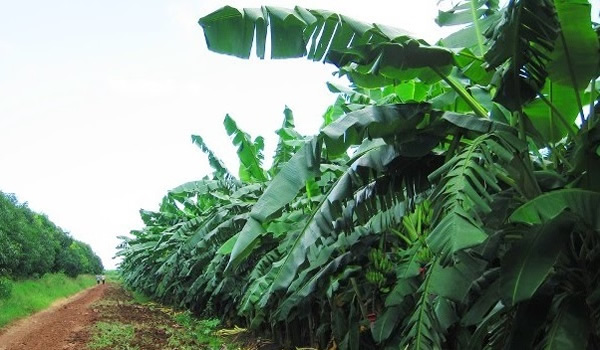Research On Feasibility And Strengthening Of Contract Farming In Lower Shabelle, Somalia
The assessment was intended to inform agricultural activities aimed broadly at strengthening contract farming in the Afgoi district. (Lower Shabelle region of Somalia.) This would be achieved through understanding the context of contract farming in selected agricultural value chains, determining success factors, mapping institutional, trust and contract enforcement enablers and developing sample contract prototypes.
Project Details
The assessment was intended to inform agricultural activities aimed broadly at strengthening contract farming in the Afgoi district in the lower Shabelle region of Somalia through understanding the context of contract farming in selected agricultural value chains, determining success factors, mapping institutional, trust and contract enforcement enablers and developing sample contract prototypes. Specifically, the assessment was intended to: 1. Conduct a reconnaissance study of farmers’ readiness to engage, highlight existing regulatory framework and develop risk-informed and mitigation strategies. 2. Map out selected agricultural value chain support service providers, financial institutions, and potential market linkages. 3. Develop strategies for building farmers’ capacity to engage and determine sample workable agreements or contract prototypes, and 4. Develop strategies for regular contract farming monitoring, evaluation, and learning to enhance strengthening and entrenching the model for the benefit of agro-producers in Somalia. The project has four main objectives (a) Strengthen analytics and analytic capacity for local and host country organizations; (b) Facilitate learning for adaptive management by local and host country organizations; (c) Improve knowledge management and strategic communication for local and host country organizations and (d) Establish and strengthen systems and networks for CLA
Implementation
Contract farming plays a significant role in addressing market failures, coordinating 4 agribusiness activities to produce high-quality products, improving farmer’s income, and enhancing rural development by providing financial credit, inputs, information services, and new cropping technologies. The objectives of this study were to conduct a reconnaissance study of farmer readiness to engage in contract farming, highlight existing regulatory framework and develop risk-informed and mitigation strategies for contract farming promotion. The study aimed at mapping out selected agricultural value chain support service providers, financial institutions, and potential market linkages and then develop strategies for building farmers’ capacity to engage and determine workable sample agreements or contract prototypes. The study developed strategies for regular contract farming monitoring, evaluation and learning to enhance strengthening and entrenching the model for the benefit of agro-producers in Somalia. The study adopted a cross-sectional study design with a mixed participatory method. The aim was to collect rich-quality data/information using triangulated qualitative and quantitative approaches consisting of key informant interviews, household farmer surveys, literature reviews and stakeholder consultations. Implementation areas: Afgoi, Lower Shabelle
Key Deliverables And Outputs
- Knowledge and experiences with contract farming
- Coverage of Crops mainly produced
- Existing market arrangements













